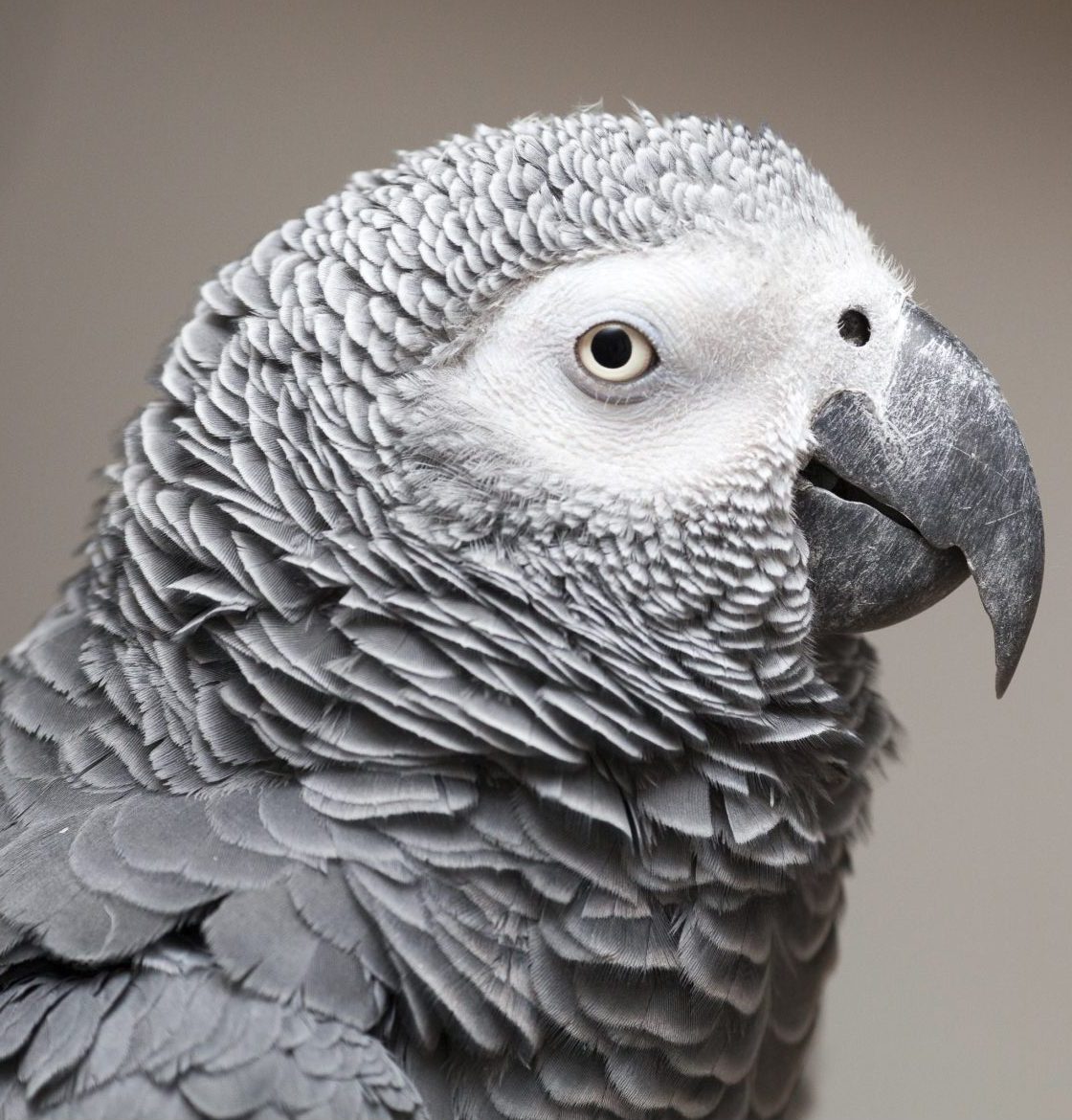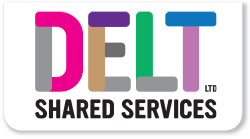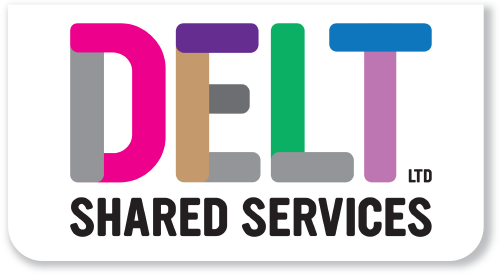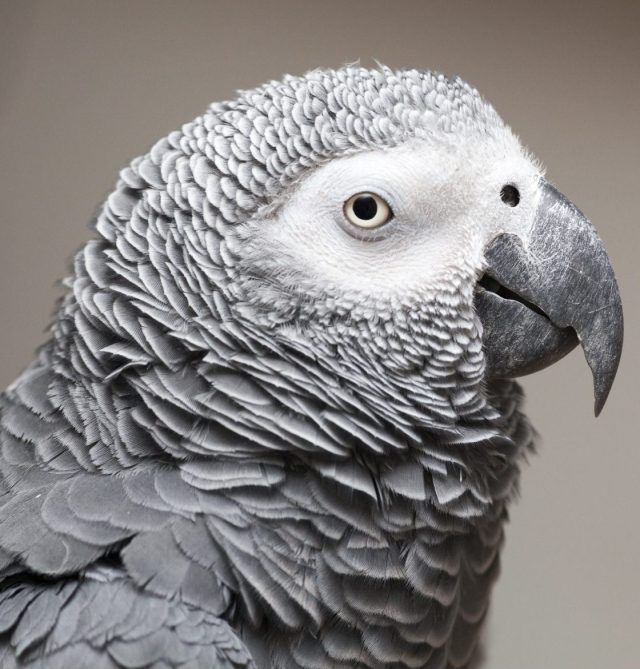
Questions vs Answers
In case you don’t know about Alex the parrot, let me introduce you to him. Alex is/was (unfortunately he is no longer with us) considered one of the most articulate animals to interact with humans. Alex developed a considerable vocabulary and was, amongst other things, able to answer questions about the name and colour of objects. This is pretty impressive, but perhaps not out of the ordinary given there are monkeys, dogs, seals and other mammals that have similarly mastered language skills. What makes Alex more interesting is that he was the first known animal that formed his own question.
Once he had mastered the primary colours, he was shown his reflection in a mirror and asked what colour he was. That’s quite a breakthrough, no longer is he showing willingness to “talk” for a food reward, this was a parrot wanting to use language to enquire and learn more.
The point is that one of the key attributes of the best staff is their interest in development and learning. In other words they are ceaselessly asking questions. Alex stands out amongst all the other talking animals in that he wanted to use his language skills to understand what the name of his colour was. (Makes you wonder if he wasn’t a bit disappointed to be grey given the wide pallet of colours that other parrots enjoy?).
Since the arrival of AI chat bots – with Chat GPT that wrote a previous blog for us – the end game appears in sight for those of us who thought that we were employed on the basis of being able to answer questions. Whilst at times we are expected to know the answers to do our jobs, the arrival of software with the power to understand natural language questions and provide uniquely crafted and increasingly better responses is going to reduce the premium given to roles requiring expertise or analysis. One of the vital skills in a post AI chat bot world has to be knowing what the right questions to ask are. This like any other skill, is one that requires practise. Making time to consciously reflect on the situation we find ourselves in and find the right questions to ask in order to resolve problems or exploit opportunities will be what we need in a modern workforce. Anyone with these skills might also be the more interesting people to share time with too! So, returning to the issue posed by the headline on this article and asking whether which is better: questions or answers, I would contend that whilst we can’t ignore the power of knowing the answer, in the long term those who understand the power of asking a question will be more successful.
If you don’t believe me about Alex you can find out more about him here: https://www.bl.uk/the-language-of-birds/articles/alex-the-african-grey-parrot
Peter Honeywell, Non-Executive Director



